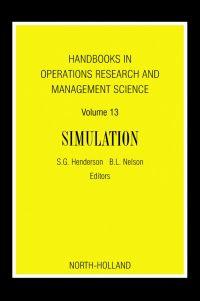Question
1. Dumping refers to: A. Reducing tariffs B. Sale of goods abroad at a lower price, below their cost and price in their home market
1. Dumping refers to: A. Reducing tariffs B. Sale of goods abroad at a lower price, below their cost and price in their home market C. Buying goods at low prices abroad and selling at higher prices locally D. Expensive goods selling for low prices
2. International trade and domestic trade differ because of: A. Different government policies B. Immobility of factors C. Trade restrictions D. All of the above
3. The margin for a currency future should be maintained with the clearing house by A. The seller B. The buyer C. Either the buyer or the seller as per the agreement between them D. Both the buyer and the seller
4. The following statement with respect to currency option is wrong A. Foreign currency- Rupee option is available in India B. An American option can be executed on any day during its currency C. Put option gives the buyer the right to sell the foreign currency D. Call option will be used by exporters
5. Govt. policy about exports and imports is called: A. Commercial policy B. Fiscal policy C. Monetary policy D. Finance policy
6. Which of the following is international trade? A. Trade between countries B. Trade between regions C. Trade between provinces D. Both (b) and (c)
7. Market in which currencies buy and sell and their prices settle on is called the A. International bond market B. International capital market C. Foreign exchange market D. Eurocurrency market
8. Pre-shipment advances granted in excess of FOB value of contract against duty drawback can be covered under A. packing credit guarantee B. whole turnover packing credit guarantee. C. export production finance guarantee. D. export finance guarantee.
9. A bank receives for collection a bill drawn on an importer who is not its customer, for retirement of the bill, the bank A. can accept payment in cash B. should forward the bill to the importers bank for delivery of documents C. can accept cheque drawn by the importer on his bank. D. can accept cheque drawn in the favor of the importer duly endorsed in banks favor.
10. Letter of credit transactions are generally governed by the provisions of A. Uniform customs and Procedures for Documentary Credits. B. United Conference on Practices for Documentary Credits. C. Uniform Customs and Practice for Documentary Credits D. Uniform Code and Procedure for Documentary Credits.
Step by Step Solution
There are 3 Steps involved in it
Step: 1

Get Instant Access to Expert-Tailored Solutions
See step-by-step solutions with expert insights and AI powered tools for academic success
Step: 2

Step: 3

Ace Your Homework with AI
Get the answers you need in no time with our AI-driven, step-by-step assistance
Get Started


